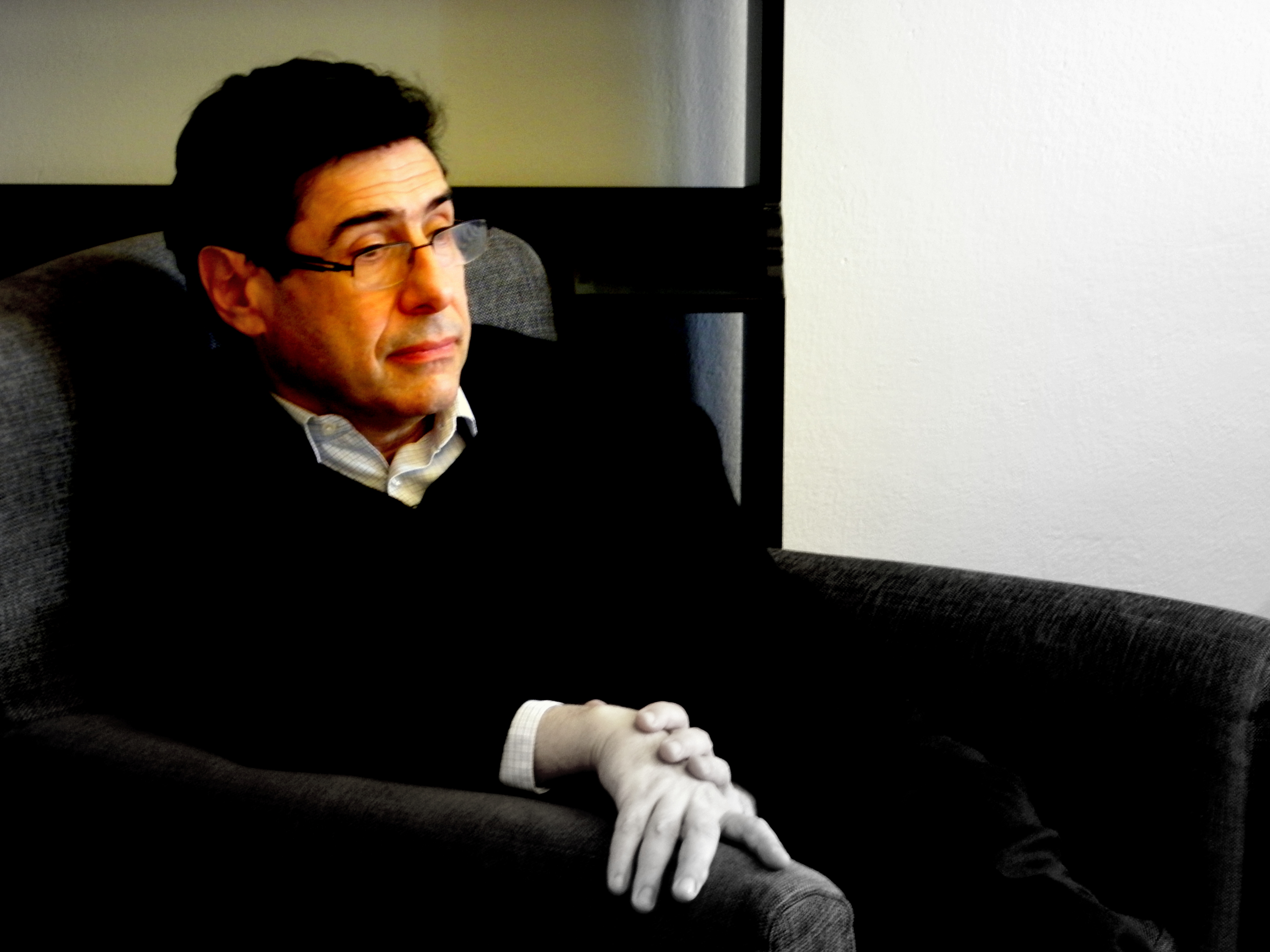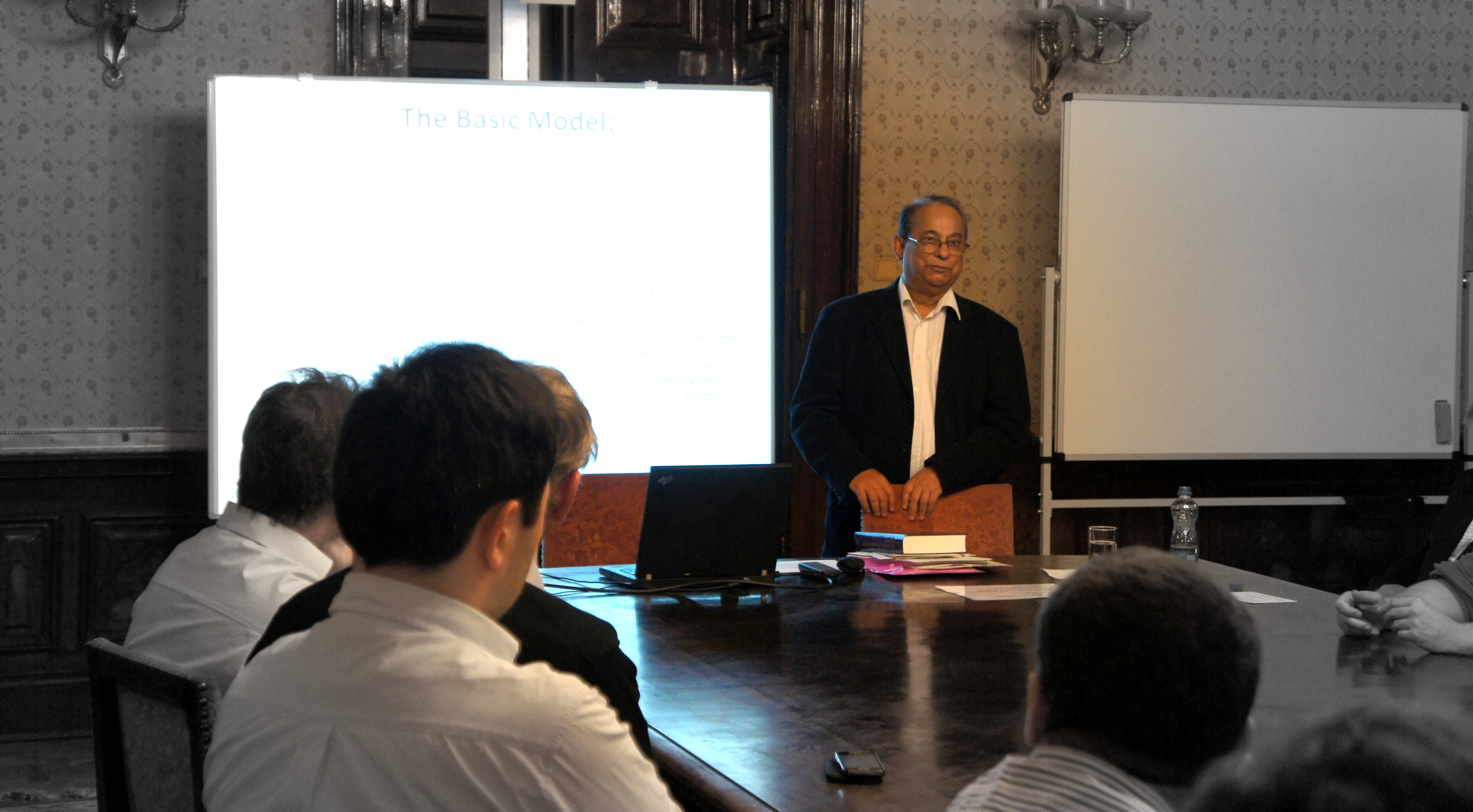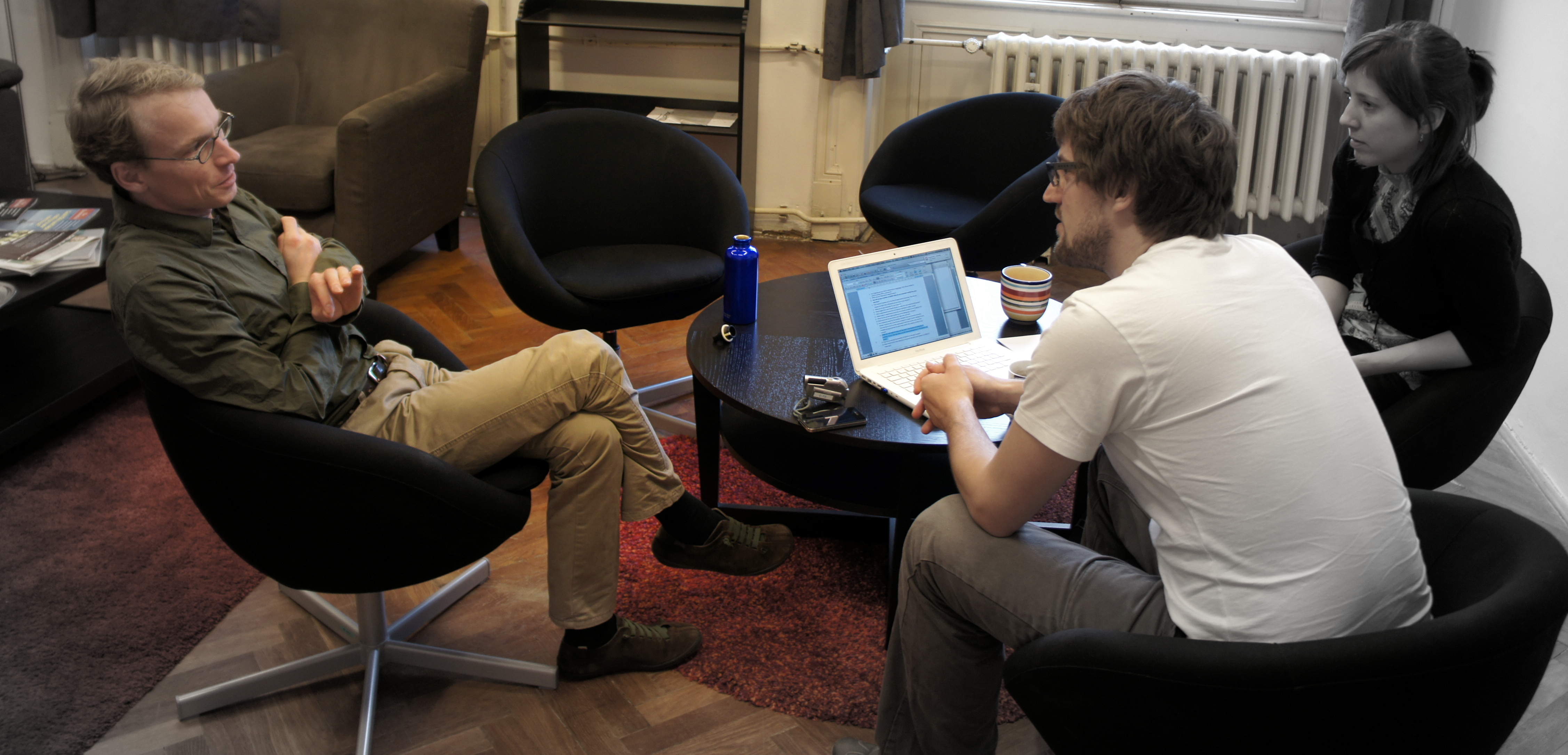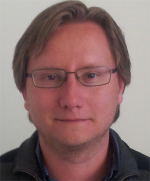Let’s start from the beginning. Who influenced your decision to become an economist?
I wanted to go into economics because I was politically engaged; I was a left wing militant in my youth. And I realized then that understanding the economy was important because I could see that it plays a big role in political events. I thought it was good to be able to go into academics to understand these things better. I knew there are ways to transform the world and to make it a better place, so that’s what motivated me.
So tell us, where did you get your education?
In France I started mathematics first. I went to do my PhD in Harvard, and then I spent two years at MIT. Eventually I was a bit homesick, so I went back to Europe, and spent ten years here.
In Europe I spent most of my time in London because the EBRD was being created and I was part of the team that started it. Then in 2000 I went back to Harvard and I’ve been a professor there since then.
As for your current state research, what is your interest? And as a professor who has published many books and articles, where do you see the research gap?
My area of research is growth economics. What differentiates my approach from other approaches to growth is that firms play a big role. It’s an ‘industrial organization’ approach to growth. Particularly I examine competition and growth, industrial policy and growth, and how monetary and fiscal policy influence growth by affecting firms’ investment decisions, like R&D and other types of investment. So it’s very much firm level growth analysis, and that’s really what I’ve been pushing.
My training is in theoretical industrial organization and contract theory. I try to understand how market structures and the organization of firms and government matters for growth. Recently I’ve also been working on climate and growth.
I’m very interested in how to rethink growth policy in Europe. Everyone talks about growth policy. So how should it be designed? I think the research I do has something to say about how to design a growth policy package for Europe.
It always leads to using a Schumpetrian approach to get into new reconsiderations of growth policy; this could be competition, it could be more general structural reforms, it could be industrial policy, investment policy, or microeconomic policy of growth. It’s on those grounds that things can be done to spur growth in the Eurozone.
Continue reading CERGE-EI Interviews Professor Philippe Aghion





